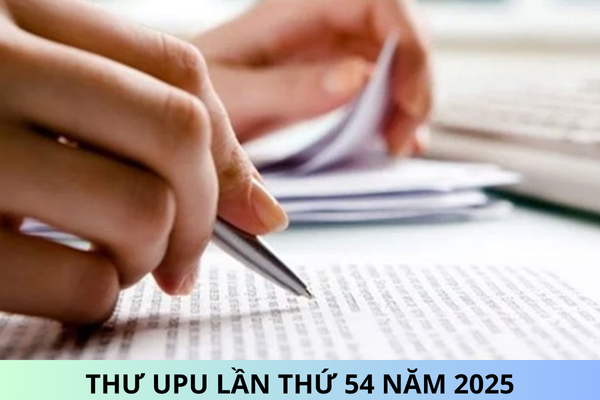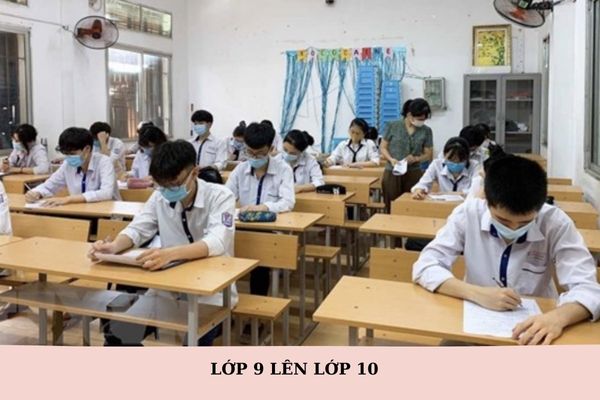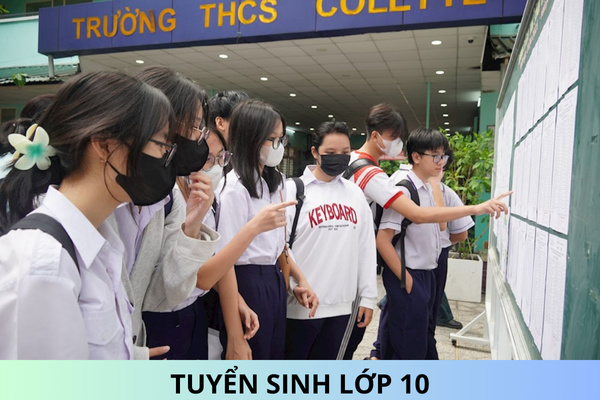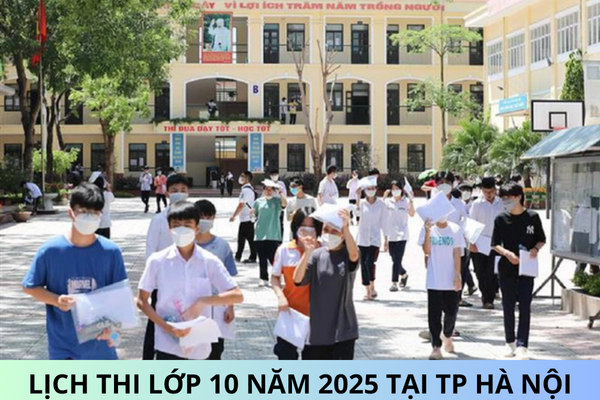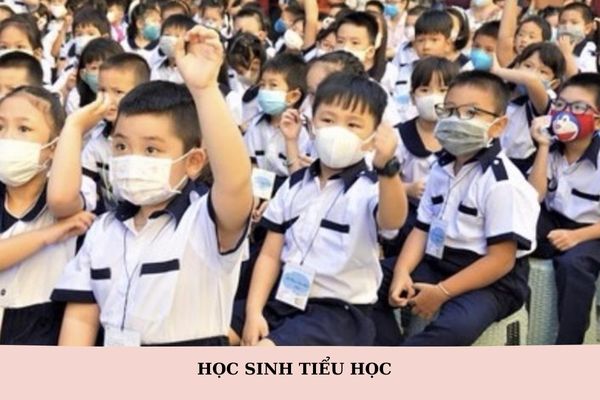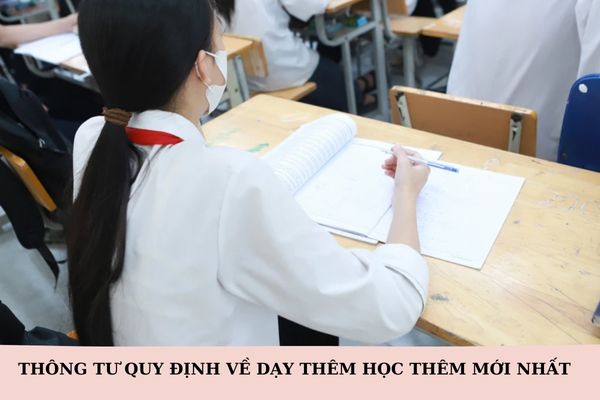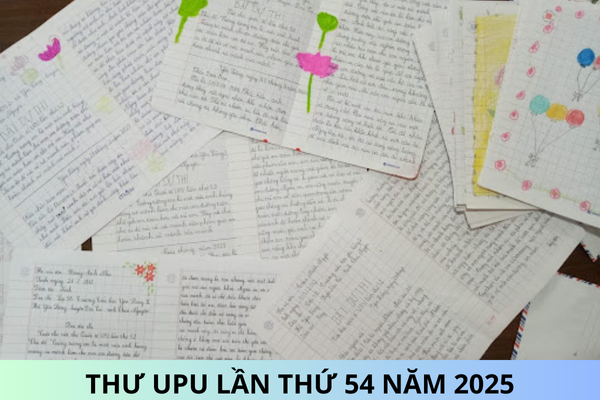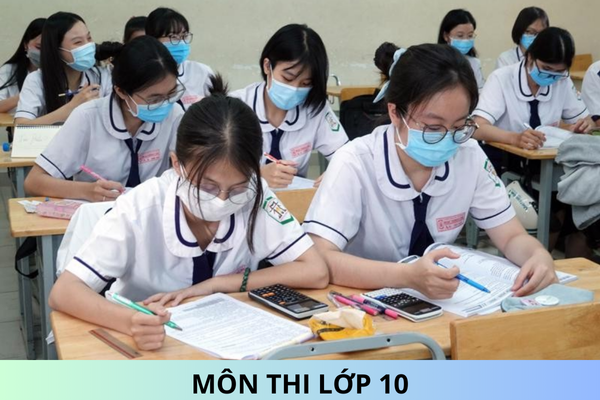What are cases eligible for registration of extra classes in schools in Vietnam from February 14, 2025?
What are cases eligible for registration of extra classes in schools in Vietnam from February 14, 2025?
Pursuant to Article 5 of Circular 29/2024/TT-BGDDT on extra classes in schools:
Article 5. Extra Classes in Schools
- Extra classes in schools are not to charge students and are only for the following student groups who register for extra classes in specific subjects:
a) Students with subject results at the end of the previous semester below standard;
b) Students selected by the school for gifted cultivation;
c) Final-year students voluntarily registering for entrance exam preparation, graduation exam preparation according to the school's educational plan.
- The school organizes for students belonging to the groups specified in clause 1 of this Article to submit applications for extra classes in particular subjects at each grade level (using Form No. 01 in the Annex attached to this Circular).
- Based on the number of students registered, the school develops a plan to organize extra classes for each subject at each grade level.
- The arrangement of classes, scheduling, and organization of extra classes must ensure the following requirements:
a) Extra classes are arranged by subject for each grade level; each class has no more than 45 (forty-five) students;
b) Do not schedule extra classes sessions alternately with the school timetable and do not teach extra content ahead of the scheduled content in the school's curriculum for each subject;
c) Each subject organized for extra classes has no more than 02 (two) periods per week.
- The plan for organizing extra classes must be publicly posted on the school's website or at the school.
The cases eligible to register for extra classes at school are as follows:
- Students with subject results at the end of the previous semester below standard
- Students selected by the school for gifted cultivation
- Final-year students voluntarily registering for entrance exam preparation, graduation exam preparation according to the school's educational plan
Note: The cases eligible for extra classes registration at school apply from February 14, 2025.
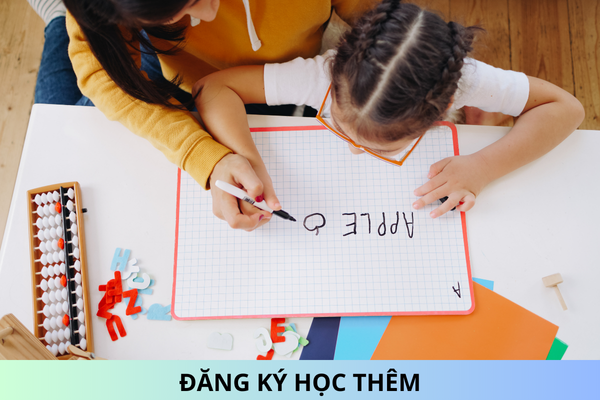
What are cases eligible for registration of extra classes in schools in Vietnam from February 14, 2025? (Image from the Internet)
What are the principles for extra classes in Vietnam?
Pursuant to Article 3 of Circular 29/2024/TT-BGDDT on the principles of extra classes:
- Extra classes can only be organized when students or learners have the need for extra learning, voluntarily join extra classes, and have parental or guardian consent. Schools, organizations, or individuals organizing extra classes cannot use any form to compel students to attend.
- The content of extra classes must not contradict the laws of Vietnam, should not involve racial, religious, occupational, gender, or social status prejudice. It is prohibited to omit content from the school's educational plan to include in extra classes.
- Extra classes must contribute to developing students' qualities and abilities; must not interfere with the implementation of the school's educational program or the execution of subject plans by teachers.
- The duration, timing, location, and organization of extra classes must be suitable for the students' age and psychology, ensuring the students' health; comply with legal provisions on working hours, overtime, and laws on security, order, safety, and environmental hygiene in the area where extra classes are conducted.
What are levels and qualifications within the national education system in Vietnam?
Pursuant to Article 6 of the Law on Education 2019 on the national education system:
Article 6. National Education System
- The national education system is an open, interconnected system consisting of formal and non-formal education.
- Levels and qualifications within the national education system include:
a) Early childhood education, which includes nursery and preschool education;
b) General education, which includes primary education, lower secondary education, and upper secondary education;
c) Vocational education, which includes basic, intermediate, college levels, and other vocational training programs;
d) Higher education, which includes undergraduate, master's, and doctoral levels.
- The Prime Minister decides the approval of the framework structure of the national education system and the national qualifications framework; specifies the training duration, standards for each qualification level, and minimum study load for vocational and higher education.
- The Minister of Education and Training, the Minister of Labour - Invalids and Social Affairs, within their assigned duties and powers, regulate the entry threshold for college-level and university-level programs in pedagogy and health fields.
Levels and qualifications within the national education system include:
- Early childhood education includes nursery and preschool education
- General education includes primary education, lower secondary education, and upper secondary education
- Vocational education includes basic, intermediate, college levels, and other vocational training programs
- Higher education includes undergraduate, master's, and doctoral levels.
